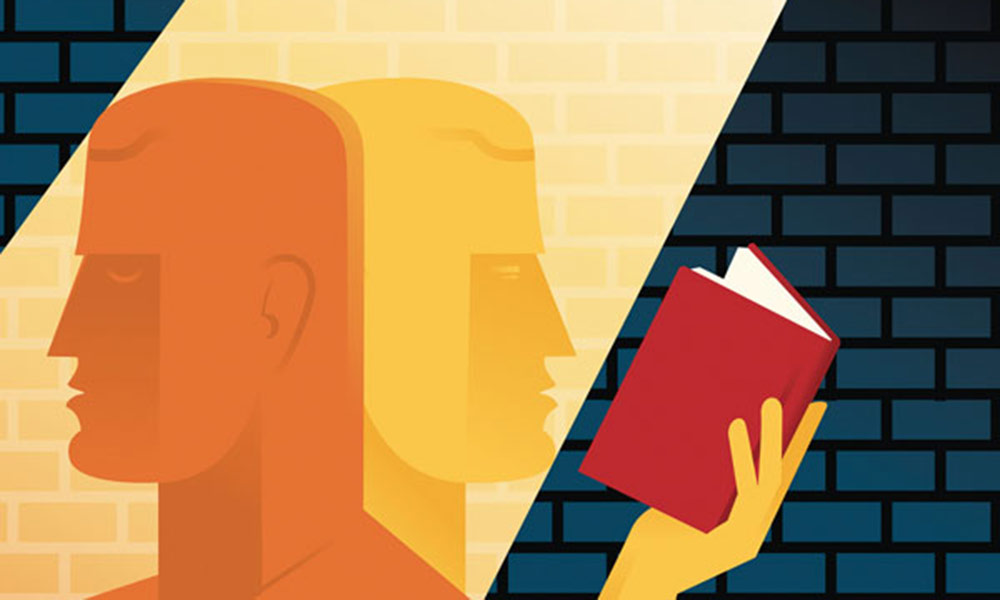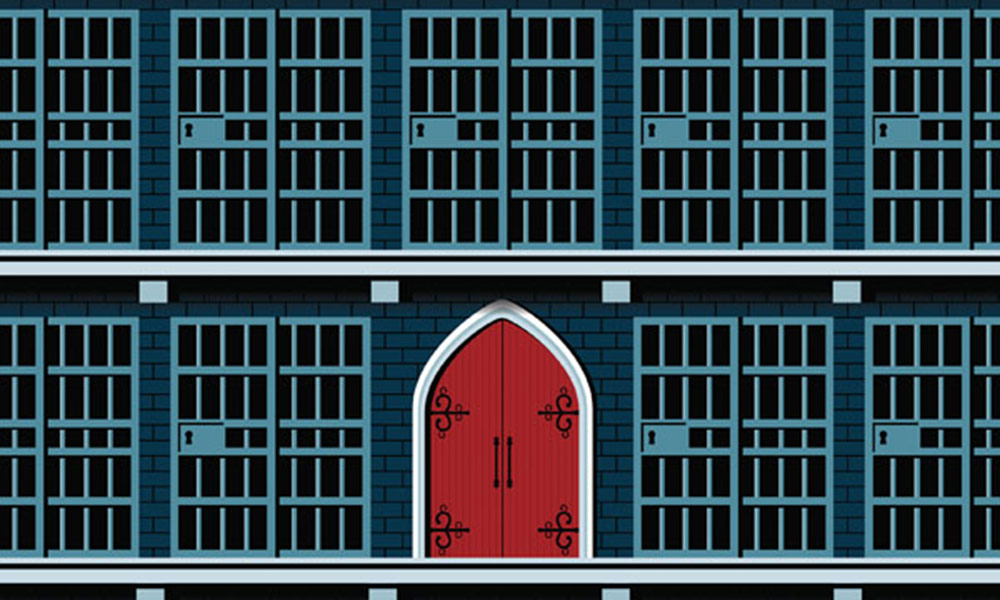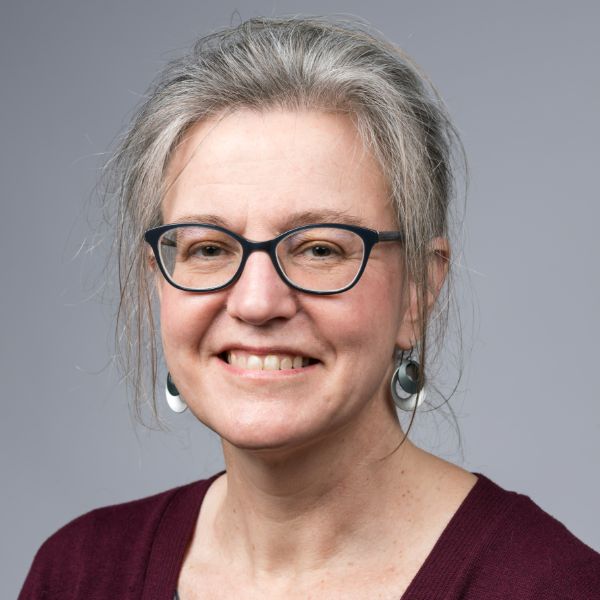The University of Rochester has been awarded a $1 million grant from the Andrew W. Mellon Foundation to support the Rochester Education Justice Initiative (REJI), the University’s cornerstone prison education initiative. The award, to be distributed over three years, enables REJI to significantly expand its work providing higher education opportunities for incarcerated and formerly incarcerated people in the Rochester area as part of a broader mission to address the problem of mass incarceration.
“This award comes at a critical and important time,” says Gloria Culver, dean of the School of Arts & Sciences. “Efforts to recognize and address social injustices on our campus and in our community must continue and be redoubled. The work of the Rochester Education Justice Initiative, by serving one of our society’s most marginalized communities—and helping them to be a part of our learning experience and associated opportunities as well—is vital to the University’s mission to make the world ever better.”
For the past five years, with funding from the University as well as recent philanthropic partners the Mother Cabrini Health Foundation and the Max and Marian Farash Charitable Foundation, the initiative has enabled University of Rochester faculty and graduate students to teach 20 courses, in a range of disciplines, at four area correctional facilities.
The Mellon Foundation grant will enable REJI to provide more academic offerings for both incarcerated and formerly incarcerated individuals; increase undergraduate and graduate student engagement in these programs; and bring together local higher education and community partners to build a network of advocates working to lower incarceration in the city, region, and state.
Major grant goals include:
- expanding the recently established associate degree-granting college program at Groveland Correctional Facility, in partnership with Genesee Community College
- building on GCC’s existing college program at Attica Correctional Facility to provide upper-level courses
- supporting re-entry for formerly incarcerated people with educational opportunities at the University and other area colleges
- establishing a Justice Fellows program at the University for formerly incarcerated students
- developing the Monroe County prison-to-college pipeline, a consortium of Rochester-area colleges and universities, to enable a further expansion of academic offerings for incarcerated and formerly incarcerated individuals
Founded in 2015 as the Rochester Prison Education Project, REJI reflects a broader “college-in-prison” movement. In New York alone, more than a dozen universities and colleges offer courses in many of the state’s 52 correctional facilities. The initiative, which enjoys an ongoing partnership with the Cornell Prison Education Project and partnered with Genesee Community College last year, responded to a relative dearth of programs serving western New York.
“This is a gut-check time for universities like ours,” says Joshua Dubler, an associate professor in the Department of Religion and Classics who founded the initiative in 2015 and is now its faculty director. The University of Rochester, a top-tier research institution, “sits in a town saddled with acute, racialized poverty, a town ringed by prisons.” Dubler notes that there are a dozen state and federal correctional facilities located within a 90-minute drive from the University.
While education is a short-term goal, the long-term goal of REJI is social change.
“In time, we hope that the students we teach and mentor will become the leaders who will work to decarcerate our campus and city,” says Dubler. “By dovetailing with a range of other initiatives across the divisions on campus, the Rochester Education Justice Initiative is part of a broader effort to help make the University a transformative force in our community.”
Precious Bedell, REJI’s assistant director for community outreach and a PhD candidate at the University’s Warner School of Education, calls the grant “a momentous occasion.”
“Education is one of the fundamental pieces to building a solid foundation to combat reentry barriers, particularly employment,” she says.
Formerly incarcerated herself, Bedell is also the founder and director of Turning Points Resource Center, which offers services to individuals, as well as families with incarcerated loved ones, and has collaborated with REJI.
She adds: “The Rochester Education Justice Initiative expands the University’s mission to become more engaged with poor communities and to improve connections with community stakeholders who provide services for people leaving jails and prisons.”
Eitan Freedenberg ’20 (PhD), REJI’s assistant director of programming, began teaching art history in prisons in 2017, while he was a student in Rochester’s graduate program in visual and cultural studies.
“My intro art history class at Five Points Correctional Facility comprised the most ambitious, insightful, and engaged students I’ve ever known,” he says. “College provides incarcerated students with an invaluable outlet for intellectual discovery and a platform for building and sustaining meaningful connections with peers and faculty.”
REJI reflects the mission of universities to “redress systemic injustices,” he adds. “This involves working to end the dehumanizing invisibility and cultural stigmas that fuel the crisis of mass incarceration. Prison education is a cornerstone of this work.”
The award is one of several Mellon Foundation grants supporting University of Rochester programs and partnerships in recent years, including the Mellon Graduate Digital Humanities Fellowship, the Gateways Music Festival (in association with the Eastman School of Music), the Humanities for Life program for undergraduates, and others.
Read more

Rochester’s prison education program aims to transform lives of inmates, undergraduates
Rochester joins forces with other institutions to launch a college-in-prison consortium, offering four courses in area correctional facilities.
 Down in the Chapel: An excerpt
Down in the Chapel: An excerptIn the chapel of a maximum-security prison, religion scholar Joshua Dubler searches for lessons about life, justice, and spirituality—and the forces that shape them.

Mellon Foundation awards Rochester major grant for humanities
A $1 million grant from the Andrew W. Mellon Foundation is designed to help Rochester increase undergraduates’ engagement with the humanities.




